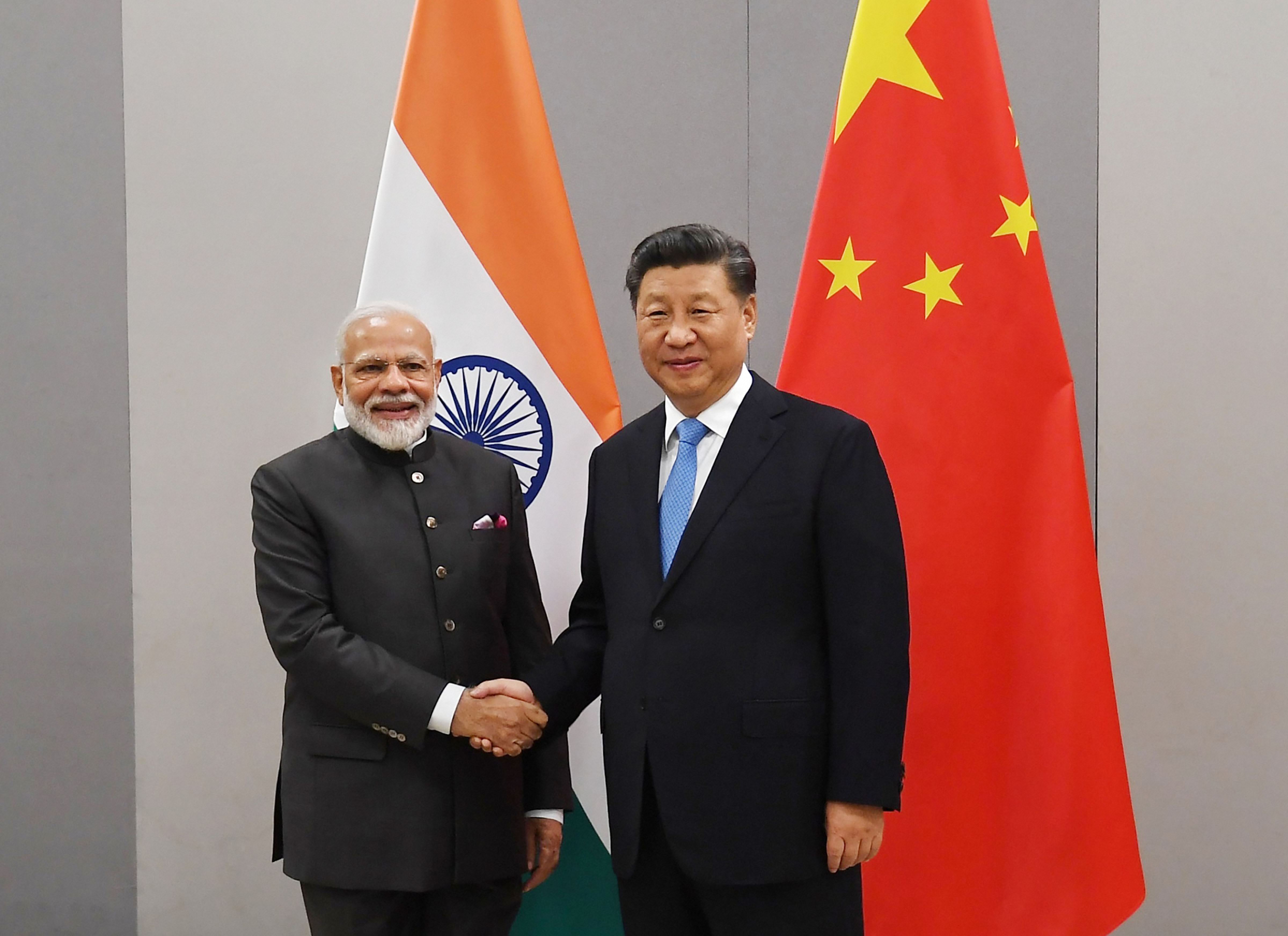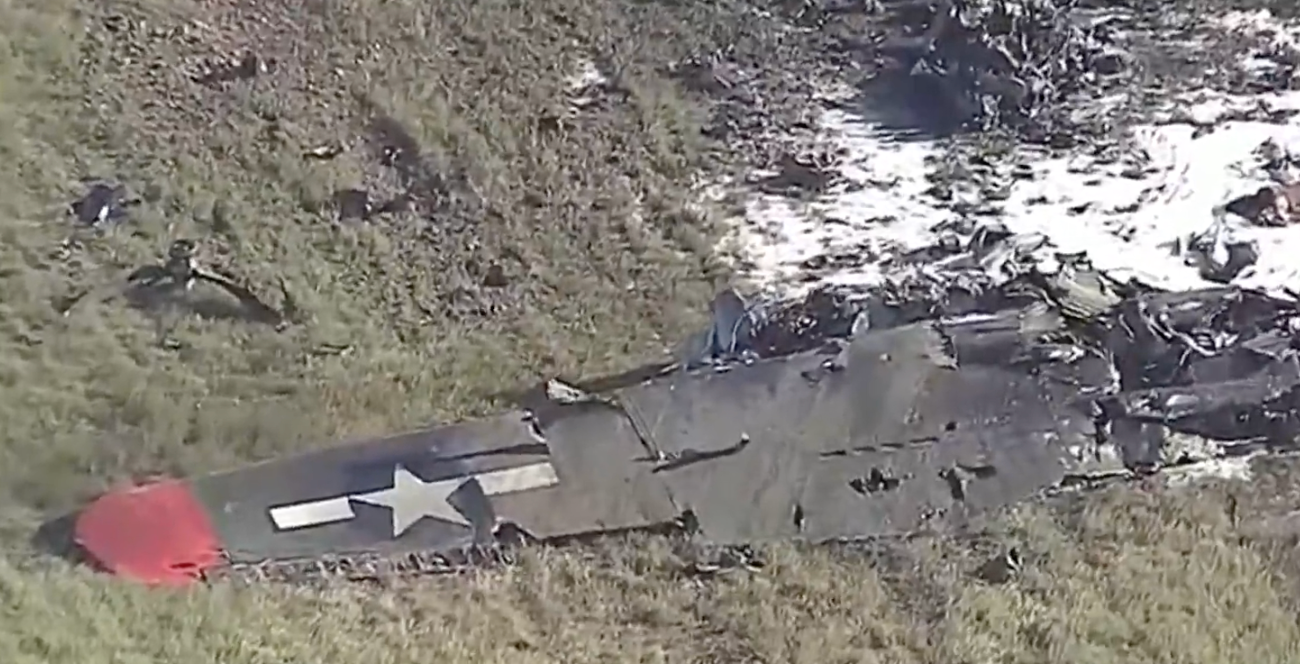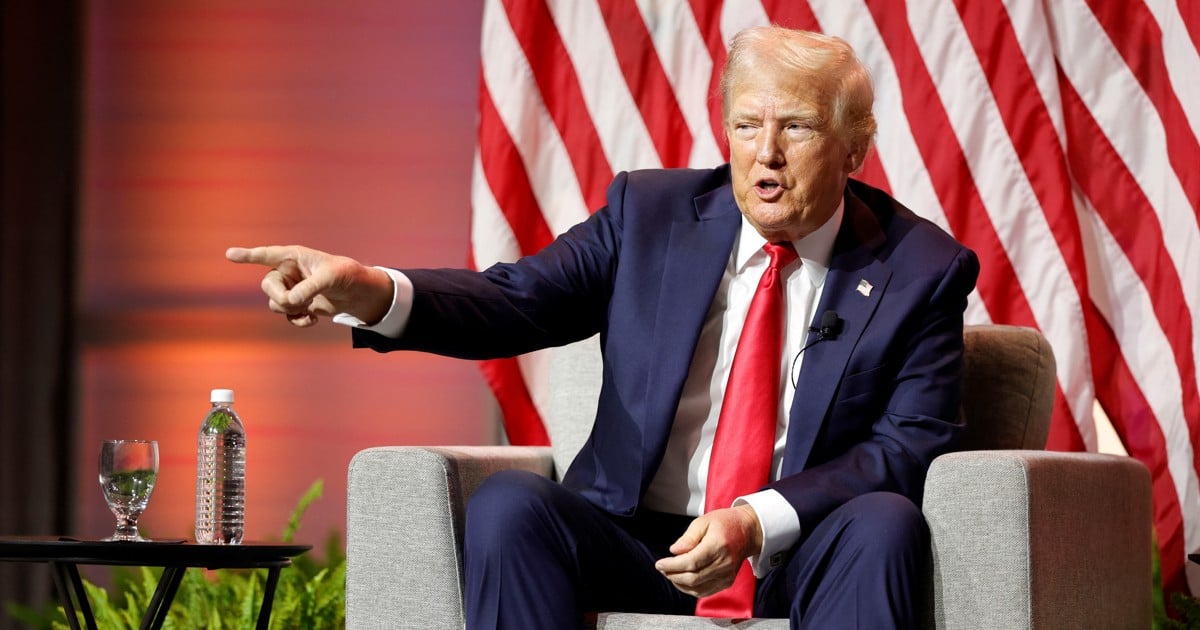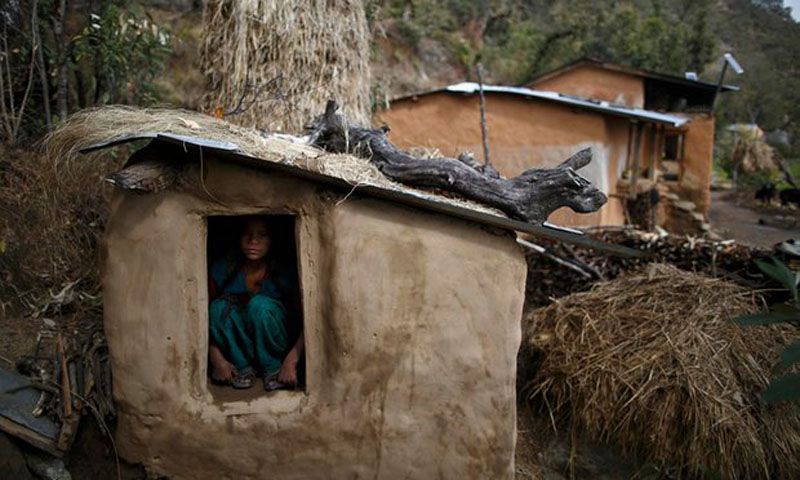


The BRICS Summit continues in Kazan, Russia on October 23, 2024 with an anticipated bilateral meeting between Indian Prime Minister Narendra Modi and Chinese President Xi Jinping. This follows a successful first day where PM Modi met with Russia's President Vladimir Putin and Iran's President Masoud Pezeshkian. The summit has also seen discussion on the ongoing Russia-Ukraine crisis, with over 30 countries expressing interest in joining the BRICS alliance. Follow live updates for more.
BRICS Summit 2024: A Comprehensive Overview
Introduction
The BRICS Summit, an annual gathering of the leaders of Brazil, Russia, India, China, and South Africa (BRICS), is a significant international event that has garnered global attention. The 2024 summit in Kazan, Russia, promises to be particularly noteworthy.
Key Developments at the 2024 Summit
Background of BRICS
BRICS was established in 2006 as a loose alliance of emerging economies. The bloc aims to promote cooperation in areas such as trade, investment, and security. BRICS represents nearly half of the global population and over a quarter of global GDP.
Top 5 FAQs Related to BRICS
1. What are the main objectives of BRICS?
2. What are the challenges facing BRICS?
3. What is the significance of the 2024 BRICS Summit?
4. What is the New Development Bank (NDB)?
5. What is the BRICS Contingency Reserve Arrangement (CRA)?

As the names of the victims begin to emerge, the black boxes from the military helicopter and American Airlines passenger jet have been recovered and are being analyzed in a laboratory. The focus is now on understanding how the two aircrafts collided during a training exercise, leading to the death of 67 individuals. In the ongoing investigation, divers are set to search for more wreckage and aid in the recovery efforts.

In a fiery post on his new social media platform, Donald Trump has warned BRICS countries against any attempts to move away from the US dollar in global trade. The former US President has threatened to impose 100% tariffs on these countries and cut off their access to the US market if they continue with plans to create an alternative currency. Trump's statements highlight the ongoing struggle between the US and emerging economies like India, China and Brazil, who seek to reduce their dependence on the US dollar and increase financial integration among BRICS nations.

Indian Prime Minister Narendra Modi expressed his condolences to the families of the victims of a fatal midair collision between a plane and helicopter in Washington DC. He also extended his solidarity with the people of the United States during this tragedy. US President Donald Trump also addressed the incident, stating that it was a real tragedy and the search and rescue effort has now shifted to a recovery mission with no survivors.

Despite numerous efforts to counter the practice of chhaupadi, which banishes menstruating females into isolated sheds, the deep-rooted fear of repercussions from their clan deity continue to perpetuate the harmful tradition in Western Nepal. Activists and locals share stories of faith in the deity and consequences of breaking chhau rules, leading to the suppression of chhaupadi-related deaths. The superstitious belief that menstruating females are impure extends to the use of family toilets, forcing women to search for alternative options in the jungle. While some deaths may be reported, many more are hidden due to the fear of speaking against the chhaupadi culture.

Tragic news shook Washington, DC as an American Airlines plane and a US Army helicopter collided midair near the Reagan National Airport, causing the death of all 64 passengers on both flights. Rescue operations quickly turned into recovery efforts as authorities confirmed that there were no survivors from the crash. As investigations begin into the cause of the collision in one of the most monitored airspaces in the world, President Trump offers his condolences to the victims and their families.

A TikTok user has shared a chilling experience of being on the same delayed flight as the father of a woman who died in the American Airlines crash in DC. In a video, he shares his experience and expresses his condolences for the victims and their families. The video serves as a poignant reminder of the tragic event and the impact it had on those who were connected to it in some way.

In a bold move, US President Donald Trump has called upon the billionaire founder of SpaceX, Elon Musk, to lead the mission to bring back two NASA astronauts, Sunita Williams and Butch Wilmore, from the International Space Station. With NDTV's 'The World 24X7' hosted by Parmeshwar Bawa, stay up-to-date with the latest world news, analysis, and updates on this high-stakes rescue operation.

During his four-day visit to Japan, Chief Minister of Madhya Pradesh, Mohan Yadav, paid tribute to Mahatma Gandhi at his statue in Kobe. In his post, he mentioned how Bapu's message of cleanliness has brought about change in the country and his disciplined and ideal life will continue to inspire people. The CM will also hold meetings with industrialists and promote investment opportunities in the state of Madhya Pradesh. He extended an invite to Japanese industrialists to attend the Global Investors Summit in Bhopal.

The Swedish media reports that Salwan Momika, a man from Iraq known for his Quran burnings, has died in a shooting near Stockholm. The Stockholm District Court has postponed the verdict in a trial where Momika was a defendant due to his death. Momika had gained worldwide attention for his protests against Islam, which led to riots and unrest in several places. Momika and a co-defendant were facing charges of incitement to racial hatred and were supposed to be handed over on Thursday.

A tragic mid-air collision occurred at Ronald Reagan National Airport when a US Army Sikorsky UH-60 Black Hawk helicopter collided with an American Airlines plane, carrying 60 passengers and four crew members. An immediate search and rescue operation is underway in the Potomac River, but there is no news yet about casualties or the cause of the collision. This is the first plane crash in the US in 15 years, sparking desperate search efforts and raising questions about flight safety. The UH-60 Black Hawk helicopter is a crucial transport and air assault aircraft for the US Army, and its operational readiness has been proven in the toughest conditions. The Army confirmed that the helicopter involved in the collision was not carrying any VIPs at the time.